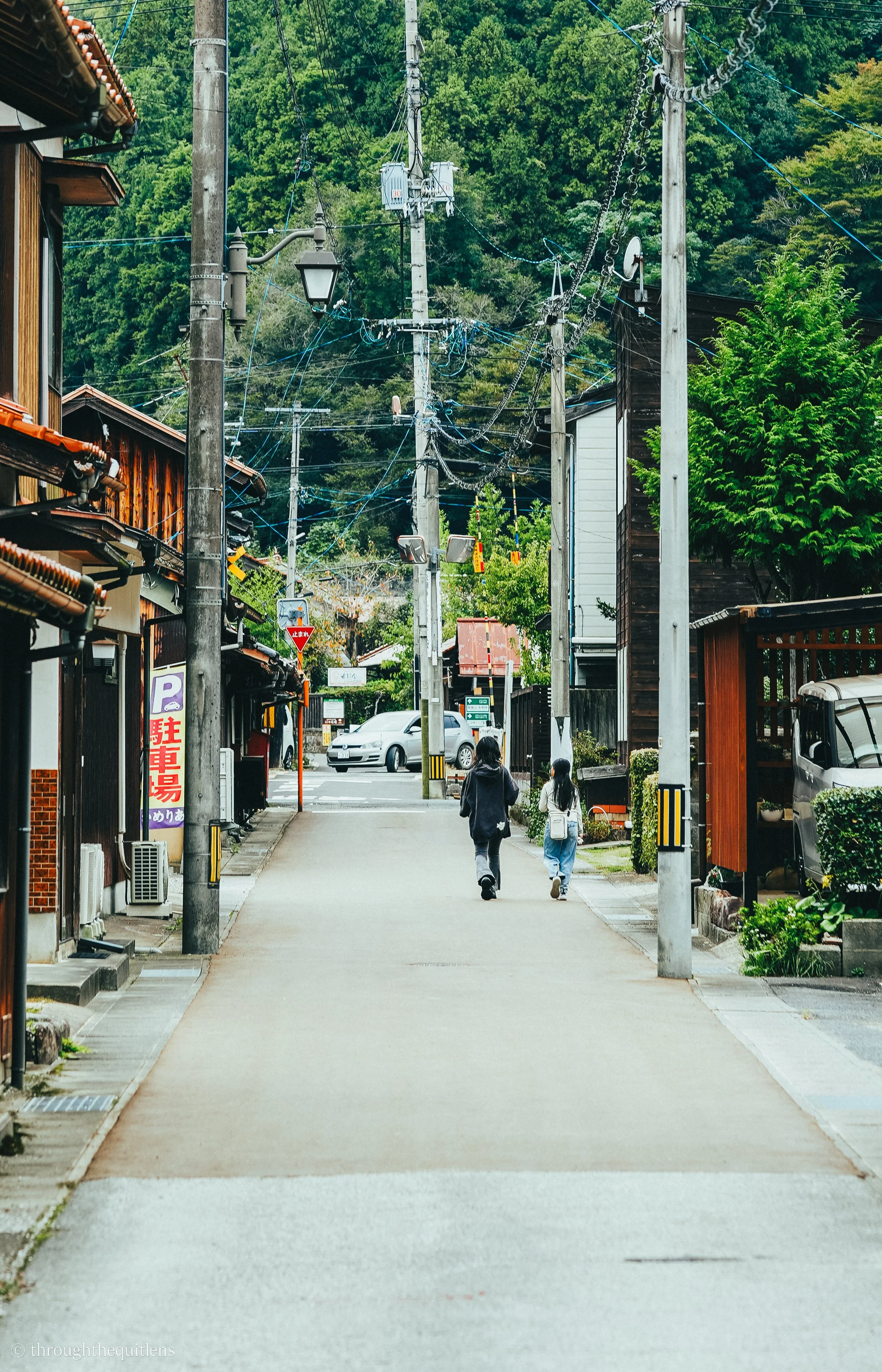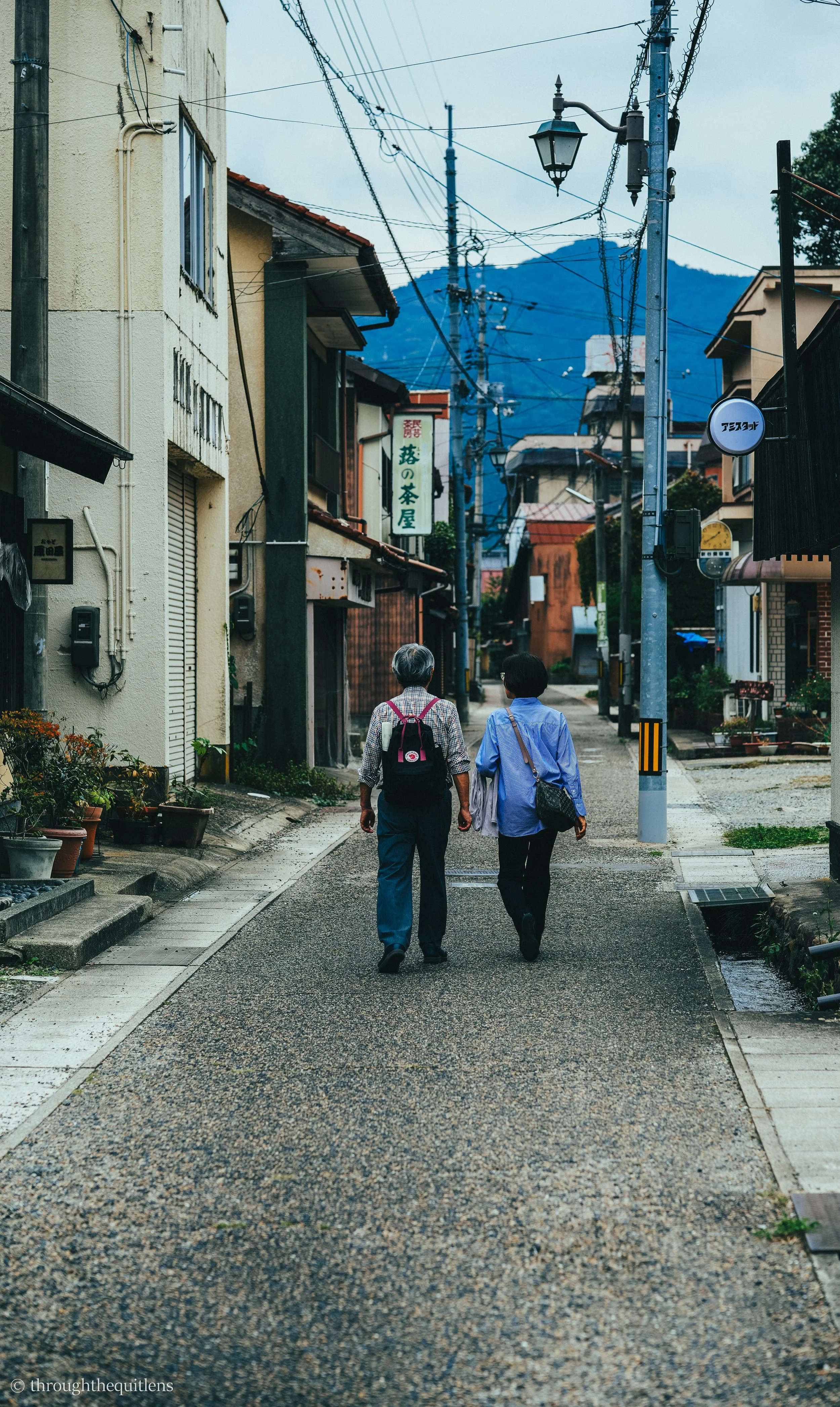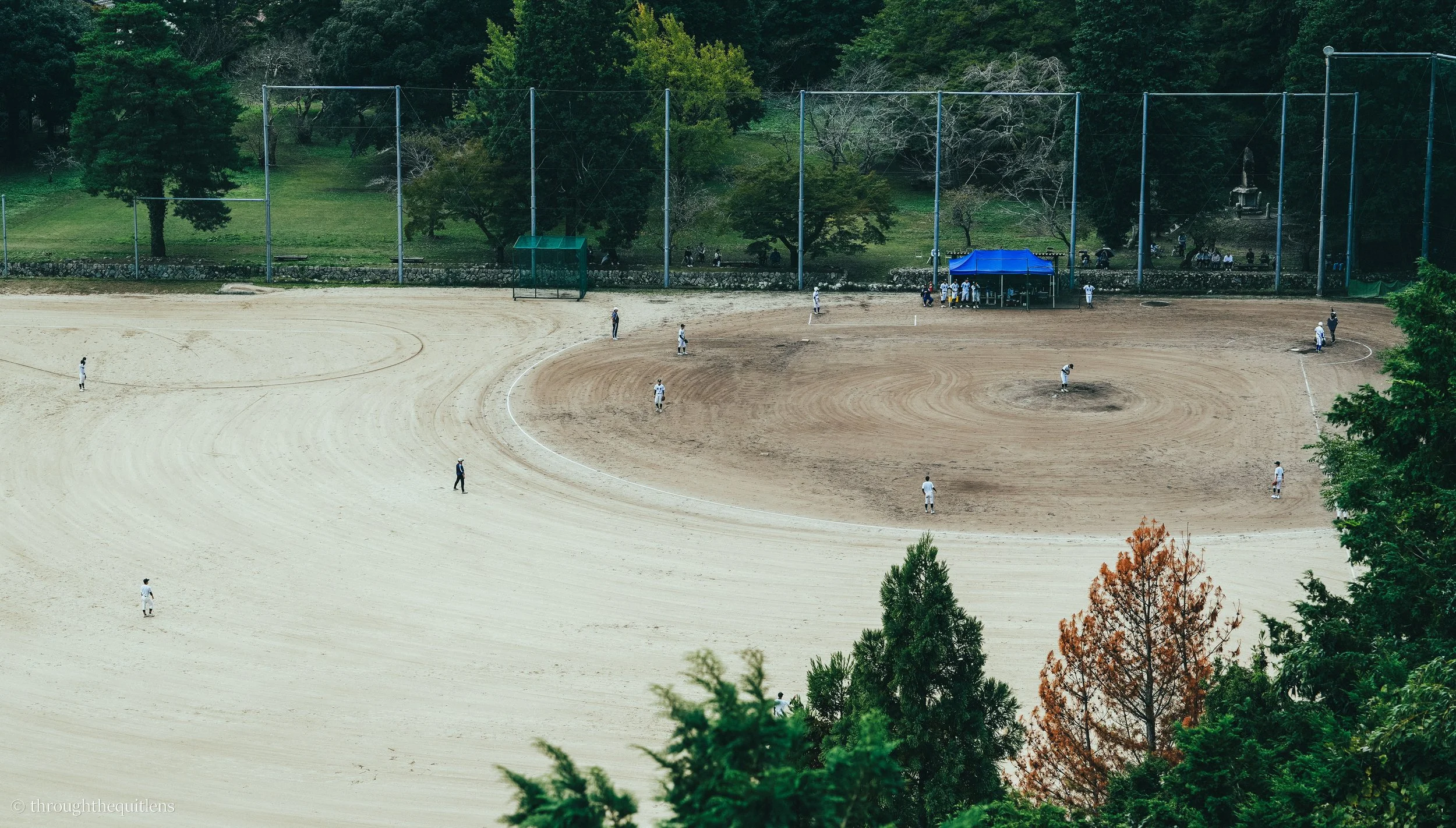The Hidden Gems of Tsuwano
“A Day in Little Kyoto”.
Tsuwano, often called the "Little Kyoto of the San'in Region," is a charming town in Shimane Prefecture, Japan, known for its rich history, natural beauty, and traditional atmosphere. Nestled in a scenic valley surrounded by mountains, it’s a place where the past lingers in its narrow streets and old samurai residences.
One of Tsuwano’s highlights is the Taikodani Inari Shrine, a vivid red shrine perched on a hillside, reached by a long staircase lined with hundreds of torii gates. The view from the shrine offers a stunning panorama of the town below.
The Tono-machi District, with its preserved samurai houses and waterways teeming with colorful koi fish, gives a glimpse into Tsuwano’s Edo-period charm. The town is also home to the Tsuwano Catholic Church, a unique blend of Western and Japanese architectural styles, built in the late 19th century when Christianity returned to the region.
A narrow canal flows gently along the main road, framed by white walls, where the old samurai school stands, a silent guardian of history.
A narrow canal flows gently along the main road, framed by white walls, where the old samurai school stands, a silent guardian of history.
Two figures glide on their bikes through the quiet afternoon streets, where the town rests in a still, sunlit hush.
A woman strolls alone through the city's streets, her gaze dancing on window displays, savoring the quiet joy of her own company.
A man and his wife sit quietly on a bench, cradled by nature's embrace, as his hands rest gently on the umbrella, a silent witness to their shared serenity.
An elderly couple walks side by side on the village's narrow roads, their footsteps weaving stories of a life shared in quiet harmony.
From the hillside, I watch young players on the baseball field below, their game unfolding in the wide, open air.
Standing at the crossing, I gaze down the quiet tracks, leading toward the station of Tsuwano, a gentle pause in the path of the rails.


















